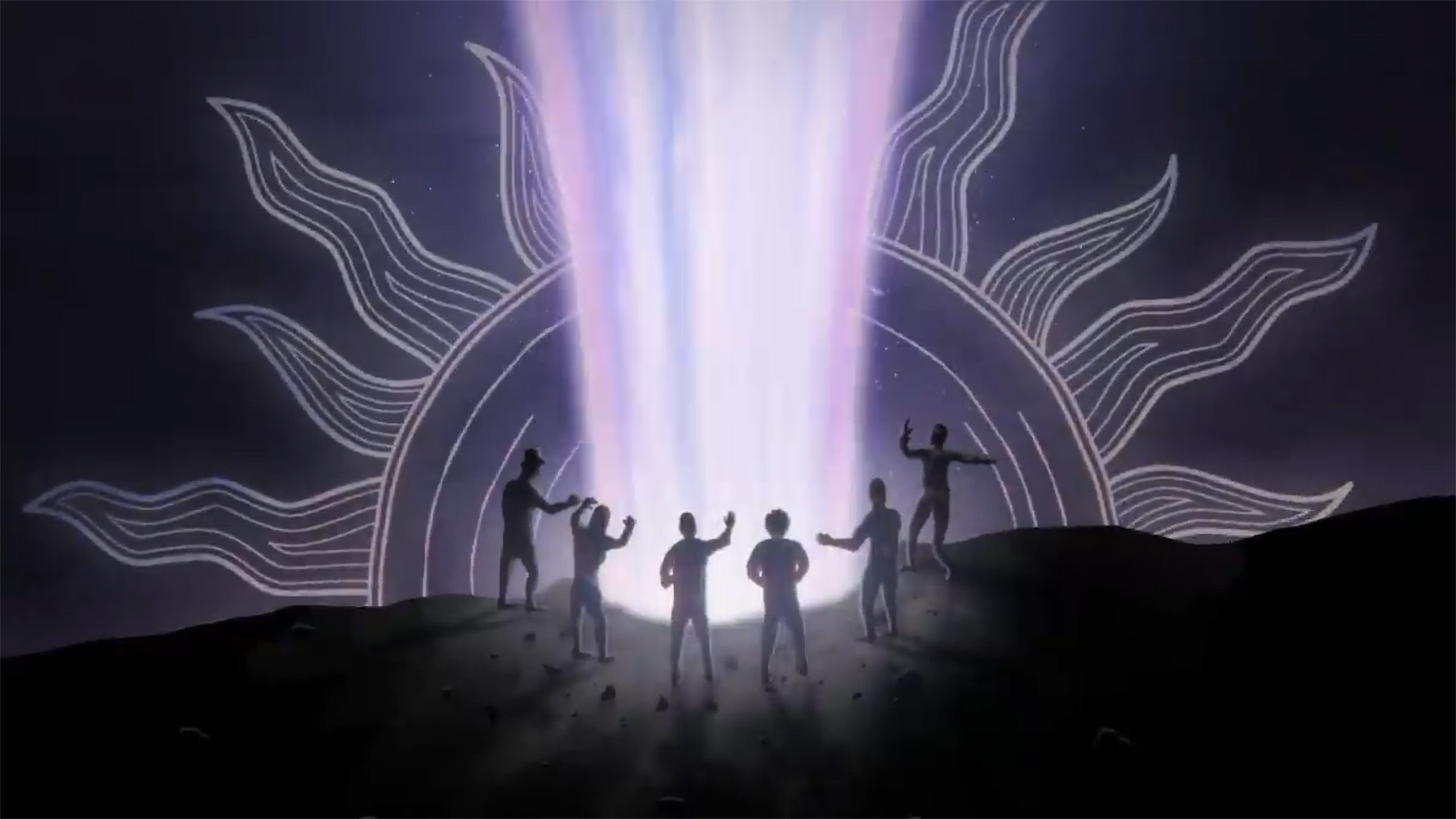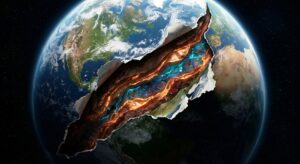
Ep 182 | Nate Hagens
The Systems Science Behind Our Global Crises: How Energy Drives Economics, Ecology, and Our Future | The Great Simplification Movie
Description
👉 WATCH THE MOVIE HERE 👈
Three years ago, my team and I created a 30-minute movie that provides a comprehensive systems analysis of the human predicament—spanning energy, economics, ecology, and behavioral psychology. This beautifully animated film aims to help viewers understand the interconnected crises defining our era.
When we first released this film, our podcast was just beginning and our community was much smaller. Today, more than 100,000 people have joined the conversation; and with 300+ hours of content now on our channel, this movie has become an essential orientation tool — a “start here” primer — for understanding the systems realities we face today.
This short film synthesizes years of research into a coherent framework for understanding why individual “solutions” to our global crises remain insufficient without systemic change. If you enjoyed our recent short overview of the economic superorganism, this is an excellent way to dive deeper into those concepts.
If this resonates with you, please share it. Use it as a catalyst for the conversations we need to be having. Education, dialogue, and action represent our best pathway forward during this species-defining moment.
In French, we have a motto that says that a simple drawing is often better than a long explanation. Jean-Marc Jancovici Carbone 4 President
That’s very understandable because with left atmosphere thinking, one of the problems is that you see everything as a series of problems that must have solutions. Iain McGilchrist Neuroscientist and Philosopher
We can’t have hundreds and hundreds of real relationships that are healthy because that requires time and effort and full attention and awareness of being in real relationship and conversation with the other human. Nate Hagens Director of ISEOF
This is the crux of the whole problem. Individual parts of nature are more valuable than the biocomplexity of nature. Thomas Crowther Founder Restor





